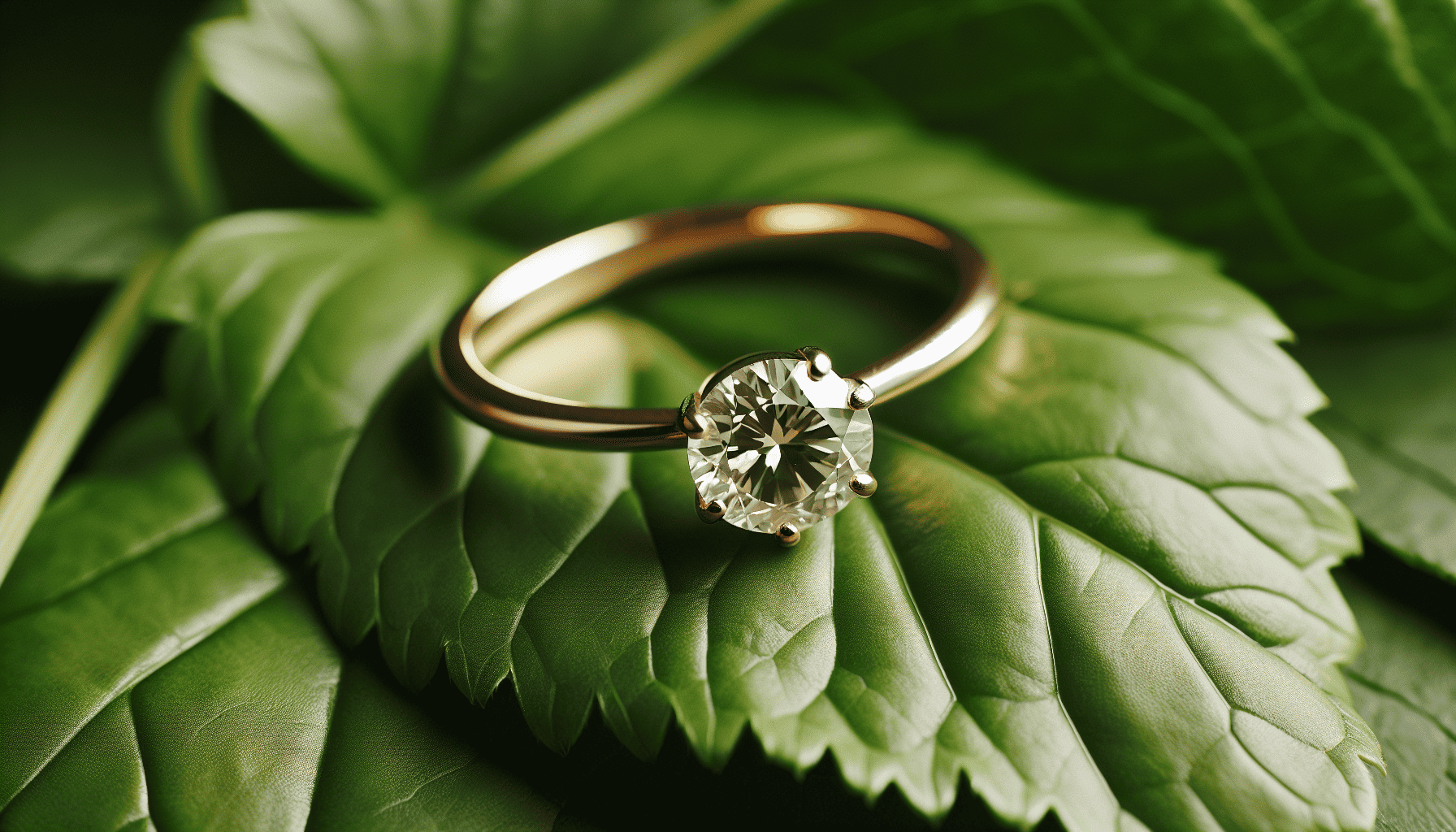In recent years, the jewelry industry has experienced a profound shift, driven by an increasing awareness of environmental and ethical issues. As consumers become more conscientious about their purchasing decisions, the demand for sustainable jewelry has surged. This article delves into the burgeoning rise of sustainable practices in the jewelry industry, highlighting the importance of eco-friendly materials and ethical sourcing.
What Defines Sustainable Jewelry?
Sustainable jewelry is characterized by its commitment to minimizing environmental impact and ensuring fair labor practices throughout the production process. This involves using recycled materials, sourcing gemstones and metals ethically, and reducing carbon footprints through environmentally friendly manufacturing techniques.
The Environmental Impact of Traditional Jewelry
Traditional jewelry production often involves practices that are detrimental to the environment. Mining for precious metals and gemstones can lead to deforestation, soil erosion, and water pollution. Furthermore, the energy-intensive processes used in extraction and refinement contribute significantly to carbon emissions. The growing awareness of these issues has spurred the industry to seek more sustainable alternatives.
Eco-Friendly Materials: A Greener Approach to Craftsmanship
Recycled Metals: One of the most effective ways to reduce the environmental impact of jewelry is by using recycled metals. Gold, silver, and platinum can be melted down and repurposed without losing their quality, offering a sustainable option that lessens the need for new mining activities.
Lab-Grown Gemstones: Lab-grown gemstones are another innovative solution gaining popularity. These gems have the same physical, chemical, and optical properties as their mined counterparts but are created in controlled environments using sustainable methods. This reduces the environmental damage typically associated with gemstone mining and ensures that the gems are free from conflict—often known as "blood diamonds."
Ethical Sourcing: Protecting People and the Planet
Fair Trade Practices: Ethically sourced jewelry prioritizes fair trade practices, ensuring that workers in the supply chain are paid fair wages and work in safe conditions. Fair trade certification for mines and workshops signifies that the products are made without exploiting labor and under humane conditions.
Conflict-Free Stones: One of the critical aspects of ethical sourcing is ensuring that gemstones are conflict-free. This means they are not used to finance armed conflict or produced under oppressive conditions. Certification processes like the Kimberley Process help verify that diamonds are sourced ethically, although it has limitations and ongoing debates about its effectiveness.
Innovations Driving Sustainability
Recycled and Upcycled Jewelry: Many jewelers are now focusing on creating pieces from recycled or upcycled materials. Vintage jewelry can be redesigned into modern pieces, giving old treasures new life and reducing the need for new resources. This creative approach not only lessens the environmental impact but also adds unique character and history to each piece.
Sustainable Packaging: Sustainable jewelry extends beyond the products themselves to include thoughtful and eco-friendly packaging. Companies are increasingly using recycled paper, biodegradable materials, and minimalistic designs to reduce waste and enhance the overall sustainability of their brand.
Consumer Responsibility and the Future of Sustainable Jewelry
As consumers, our choices have profound impacts. By opting for sustainable jewelry, we can support eco-friendly and ethical practices within the industry. Educating ourselves about the origins of the products we purchase and supporting brands that prioritize sustainability encourages wider industry change.
The rise of sustainable jewelry is not just a trend but a testament to a growing movement towards more responsible consumption. It symbolizes a shift towards greater environmental stewardship and ethical responsibility. As the jewelry industry continues to innovate and evolve, the principles of sustainability will undoubtedly remain at its core, paving the way for a more conscious and compassionate future.
